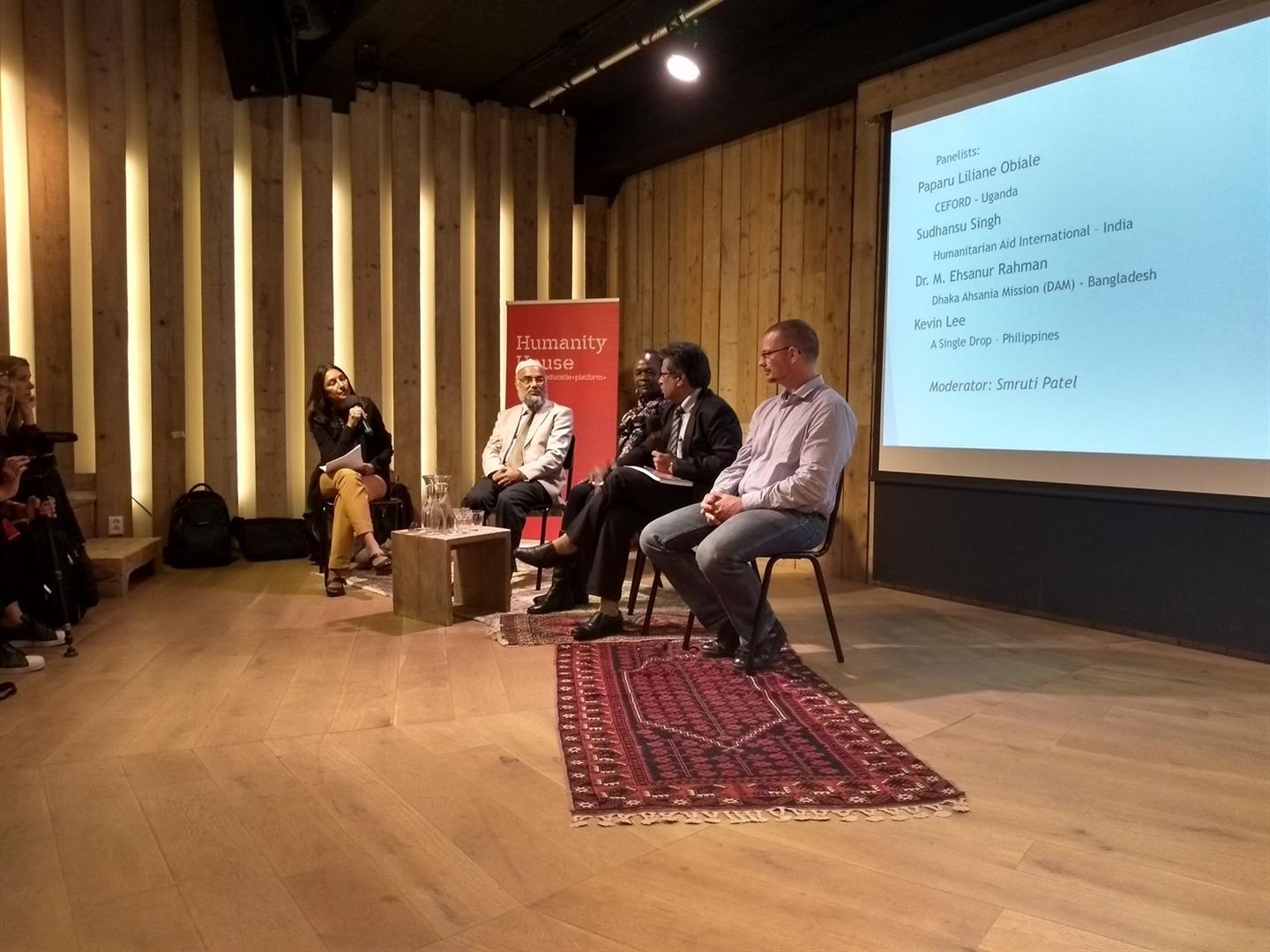Advocating to the international community for a more locally-led humanitarian system

A key aspect of the ELNHA design which has allowed it to make strides on Local Humanitarian Leadership (LHL), is investing in LNHAs voice and power to influence the domestic humanitarian agenda, while pushing donors, governments and INGOs to tailor their policies, strategies, systems and practices to enable this change. Efforts in the area of strengthening local capacity to design and deliver humanitarian interventions feed into advocacy as evidence and examples from the field, to support the influencing work. A number of strategies have been used to promote such local leadership: support to LNHA-led coordination and collaboration; developing with local actors local and national influencing strategies, advocacy towards governments, INGOs and donors;
ELNHA also strives at acting as a role model, by actively supporting the participation of LNHAs representatives to global debate spaces whenever opportunity arises.
The ELNHA engages in key international spaces to push the localization agenda. These are the Charter 4 Change (C4C), the Grand Bargain Workstream on Localization (GBWS2) and the Inter-Agency Standing Committee (IASC) Results Group 5 on Humanitarian Financing.
One of the key areas of ELNHA’s advocacy is on increasing access to funding and funding tools for local and national responders. The premise is that one of the key localization commitments of the Grand Bargain is to have 25% of funding going as directly as possible to local actors by 2020. While a number of signatories have taken steps to meet this commitment, progress appears to be quite slow. Drawing on data from OCHA’s Financial Tracking Service, Development Initiative’s Global Humanitarian Assistance Report (2018) shows that for the year 2017, a record US27.3 billion was allocated to humanitarian responses reaching people in need. Of this amount, however, 97% was channeled to international actors, including UN agencies and INGOs. Local and national NGOs received just 0.4% directly, a rise of just 0.1% from 2016, while affected state governments received 2.5%.
Relevant documents
Report on Funding to local actors in Uganda (2019): Money Talks 2
Report on Funding to local actors in Bangladesh (2018): Money Talks
Enhancing the Potential of Pooled Funds for Localization (for Grand Bargain Workstream 2)




